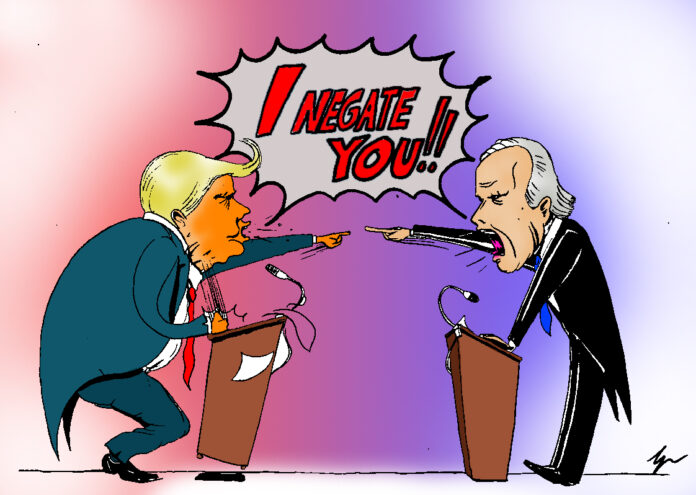Negationists and where to find them
Scientific denial has become the new cultural plague, which seeks to block the scientific and technological evolution of our species, based on beliefs, myths, pseudoscience, conspiracy and self-interested falsifications.
This plague has obvious political implications, just think of Donald Trump‘s decision to exit the Paris Climate Agreement in November 2019, adhering to the theories against global warming. Or what happened in 2008 in South Africa, when president Thabo Mbeko denied HIV by preventing mothers from receiving anti-retroviral drugs, causing the death of over 330,000 lives.
The causes of negationism..
So scientific negationism has a profound impact on our lives and “scientists should not be left alone to counter pseudoscience and negationism” (Enrico Bucci and Gilberto Corbellini, Cattivi scienziati, 21/3/2019).
Analysts have identified several reasons for the persistence of such attitudes. In addition to selective, partial and uncertainly fundamentalists, and doubt deniers, due to different religious and social contexts, there are also those who oppose the scientific brand for cultural predilection towards the field of human and artistic sciences; or the conspiracy theorists, that is, people who have confidence in science but not in scientists, deemed to serve other interests (Bursn e Medvecky, 2018).
..and two in particular
However, we would like to highlight two specific reasons for negationism, related to each other, one of which also includes a responsibility of scientists:
The first is the current complexity of science, imbued with uncertainty ‘liquid’ as opposed to the previous positivist simplicity; complexity that involves difficulties in understanding abstruse themes (quantum mechanics, entanglement, nanotechnology, etc.), since for ordinary people “Homeopathy is simpler than








